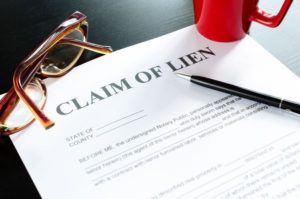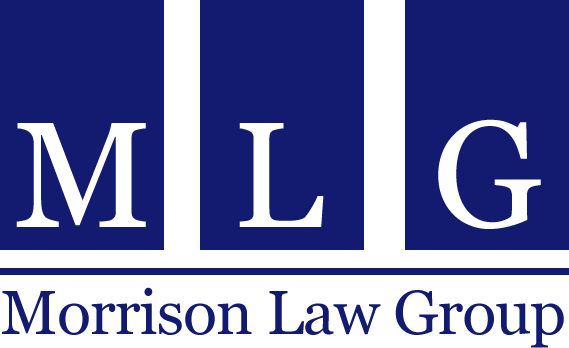The IRS is authorized to legally seize the property of taxpayers as a collection tool for delinquent taxes. This is done through a levy, which is an administrative action by the IRS that takes real or personal property as payment for tax debt. A levy is different than a tax lien, which is a legal claim against property collateralizing it to secure payment of the unpaid tax debt. In contrast, a levy is more than a lien since it takes property to satisfy a taxpayer’s liability.
An IRS levy is a nonjudicial procedure authorized by §6331 of the Internal Revenue Code (“Tax Code”) and therefore no court permission is necessary to formally implement an IRS levy. In addition to property encumbered by a federal tax lien, any property or right to property may be levied by the IRS. In some circumstances, the Tax Code may exempt property from levy.
The U.S. Constitution through the Fifth Amendment regulates the government when taking property and requires due process. Taxpayers must receive notice of the levy and an opportunity to be heard. §6330(a)(2) of the Tax Code requires the IRS to send a notice to a taxpayer either by hand delivery or certified mail that must be received at least thirty days prior to the levy.
To levy property, the IRS must have assessed some tax and sent a Notice and Demand for Payment. Of course, the last requirement is that the tax must not have been paid. The IRS will then send a Final Notice of Intent to Levy and Notice of Your Right to a Hearing at least 30 days before the seizure of property to satisfy due process requirements related to notice.
It is certainly recommended, in most circumstances, that taxpayers negotiate with the IRS and resolve this debt, if possible long before the IRS levies their property. If not, taxpayers will be subject to the IRS levying their property. In addition to property such as a home or automobile, the IRS may levy bank accounts, wages, commissions, retirement accounts, dividends, accounts receivables, rental income, licenses, or the cash value of a life insurance policy.
Talk to the Morrison Law Group about your Chapter 7 or Chapter 13 bankruptcy options. Call 801.456.9933 today to schedule a FREE consultation. We are Utah’s only statewide bankruptcy law firm and have locations in Ogden, Logan, Sandy, and St. George to serve the residents of the counties of Weber, Cache, Salt Lake, Utah, Morgan, Davis, Washington, and surrounding areas.



